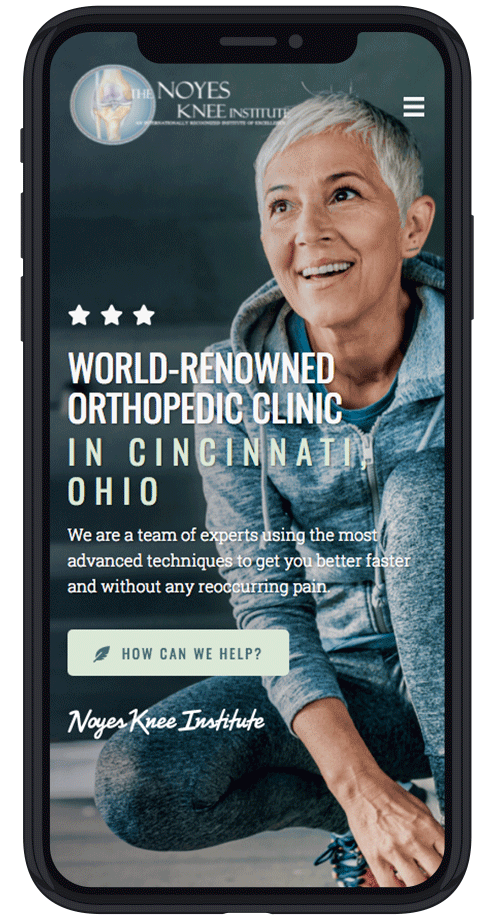Published On
Category
When you feel knee pain, your doctor or coach may recommend that you wear a knee brace or that you stretch before you exercise. These strategies are effective in preventing knee injuries while you play sports. But what if athletic activity isn’t the only factor causing your knee pain?
There are several simple things you can do each day to protect your knees from damage.
1. Lose Weight
If you’re overweight, you put extra stress on your knee every time you stand and walk. This can increase the risk of osteoarthritis, which means that your knee joints or bones start to deteriorate.
Losing weight can reduce stress on your knees. But losing weight isn’t easy-it’s much more complicated than just increasing activity and cutting calories.
Meet with a doctor so he or she can diagnose and treat any conditions that may have contributed to your weight gain. Then, meet with a nutritionist or weight loss coach to discuss specific weight loss strategies.
Remember that what you eat matters just as much as how much you eat. Many foods and drinks are high in sugar and low in nutritional value. Eliminate these foods and eat nutrient-dense foods such as:
- All kinds of vegetables, from avocadoes to squash
- Lean meat like fish and chicken
- Beans such as lima and pinto beans
- Fruit like apples and oranges
- Nuts (in small amounts)
Don’t aggravate your knee pain by trying to lose weight with aggressive exercise. Focus on low-impact movement like walking, swimming, and yoga.
Don’t pay attention to fad diets that promise instant weight loss. Losing weight slowly and naturally is much healthier, and you’ll be more likely to keep the weight off long-term. Losing between two and eight pounds a month is a safe and realistic weight loss goal. Report your progress to a weight loss coach or a trusted friend.
2. Wear the Right Shoes
You might not realize that your favorite shoes are contributing to your knee pain. Shoes that fit correctly will help you maintain proper leg alignment and keep your balance.
How do you know if your shoes fit? When you’re standing, there should be about ½ inch of space between the edge of the shoe and your longest toe. As you walk, the heel of your shoe should remain in place and not move up and down. Avoid high-heeled shoes, which are more likely to cause foot and knee pain.
Another way you can make your shoes more comfortable is to add orthotics inside your shoes. They provide extra cushioning and support as you walk and move. Generic orthotics are available at many stores, but your best bet is to visit a podiatrist. He or she can measure your foot and provide you with a custom-made orthotic.
3. Avoid Alcohol and Smoking
You already know of plenty of reasons to stop smoking and decrease alcohol intake-and here’s one more. Smoking and drinking alcohol increases your risk of osteoporosis, which can cause pain in your knees as well as other areas of your body. Women shouldn’t drink more than one alcoholic drink a day, and men shouldn’t drink more than two.
Do you need help to quit smoking or drinking? A counselor can help you set goals, identify your triggers, and find healthier coping mechanisms. Your doctor can also help you identify medicines and therapies that can help.
These everyday strategies can help you move freely without uncomfortable knee pain. But if you have a serious knee condition or injury, your best bet is to meet with an orthopedic surgeon. Dr. Frank R. Noyes at Noyes Knee Institute would be happy to meet with you and discuss your situation.

